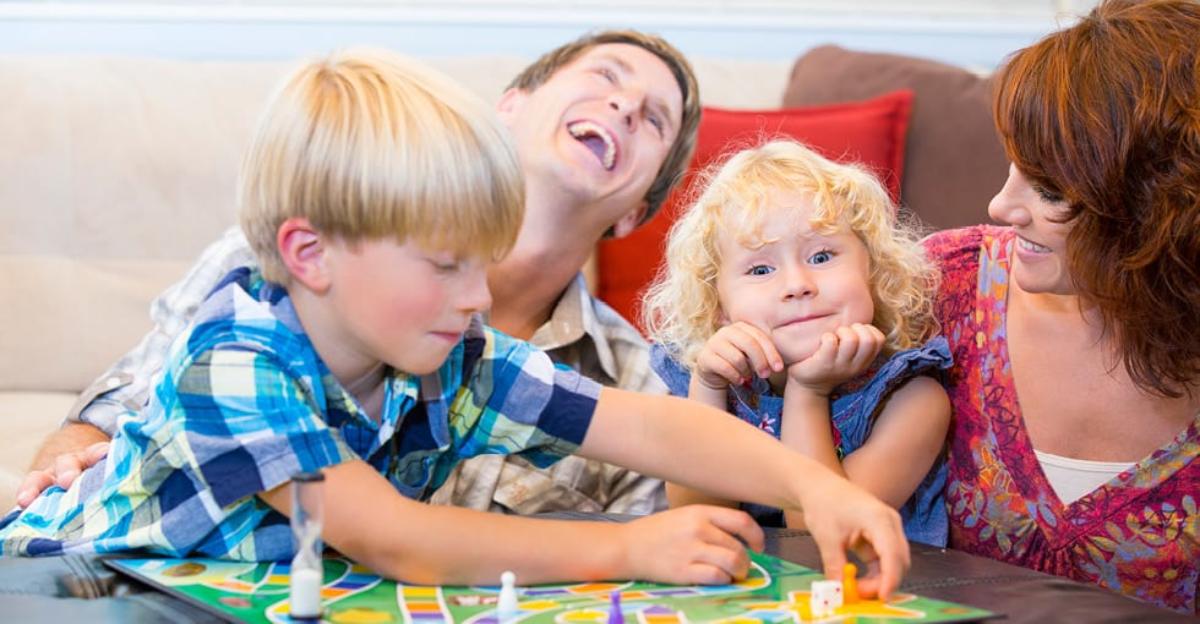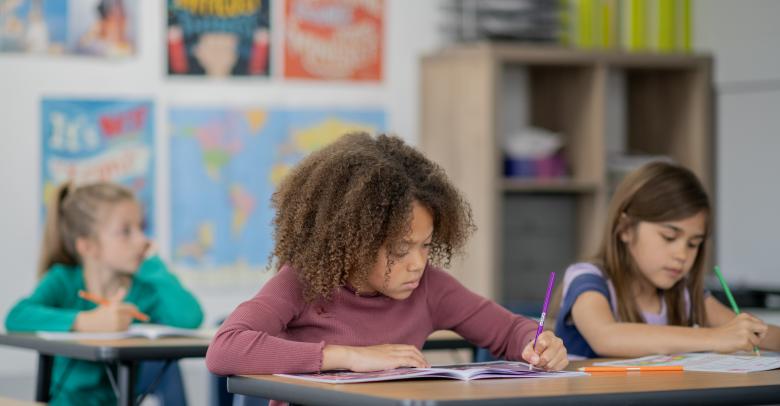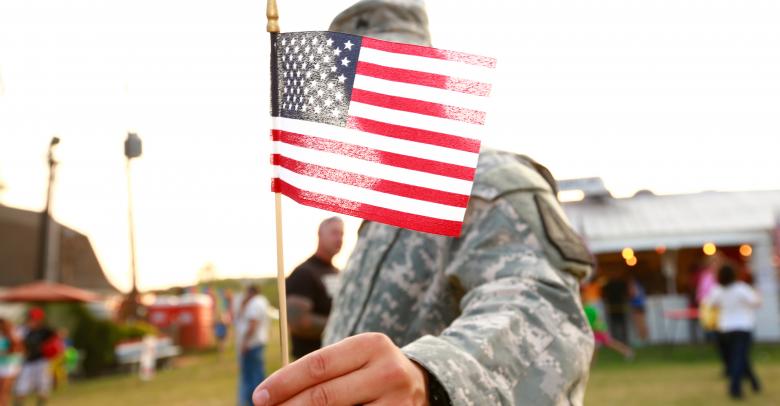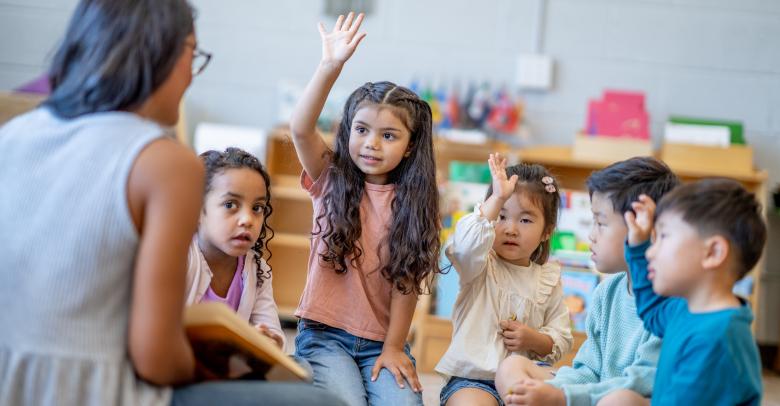The week of Thanksgiving is “National Game & Puzzle Week” — an encouragement to spend time with each other playing board games and doing puzzles. Why are games and puzzles so important that they get a whole week on the calendar?
Fun does help us remember things and motivate us. Even the FCC uses game theory in their Spectrum Auction Design. The study of game theory uses mathematics to analyze how people and organizations make decisions. (Students who love math may be very interested in this topic.) Game theory is not the same as gamification, which adds elements of games in the form of something like loyalty points. Marketers all around us use gamification to move us further into the sales funnel. Librarians use reading rewards to move students closer to realizing that reading is a reward in and of itself.
Games That Teach
Consider the educational aspects of these classic games:
- Battleship teaches coordinates
- Clue teaches logic
- Mancala teaches strategy
- Qwirkle teaches critical thinking
- Skip-Bo teaches number sequencing
These are just a few of the possibilities. File folder games can be used to reinforce science concepts. Pinterest boards can hold math games. Teachers can use a puzzlemaker to create fun review activities. GlassLab is a site dedicated to digital games designed for specific educational purpose. One advantage of digital games can be their aid in formative assessment, a task that is always challenging for teachers with many students. This assessment provides the feedback that verifies learning is actually happening, but the assessment can also be done by an observant adult.
How many of us learned math by counting points? Many beloved family games have been the reason the lessons in school made sense. Whether it was Monopoly that triggered an understanding of money or Scrabble building vocabulary, games helped.
Small Victories Increase Confidence
Some skeptics point out that tangible learning is not always present when games or puzzles are being used in the classroom. But points may be counted, the correlation between the dots on the dice and the spaces being moved is being reinforced, and some intangible learning is truly happening.
Children playing games are developing skills that are extremely important. We all need to learn how to take turns, how to lose gracefully, and how to win graciously. Each small victory at a game board or puzzle table increases confidence to do a challenging task. It might not be on a standardized test, but being good at something, even just a game, is something we all need.
So during this National Game & Puzzle Week, pull out some fun and let your students learn their lessons differently. The things they learn will be remembered for a long time.






Leave a Reply